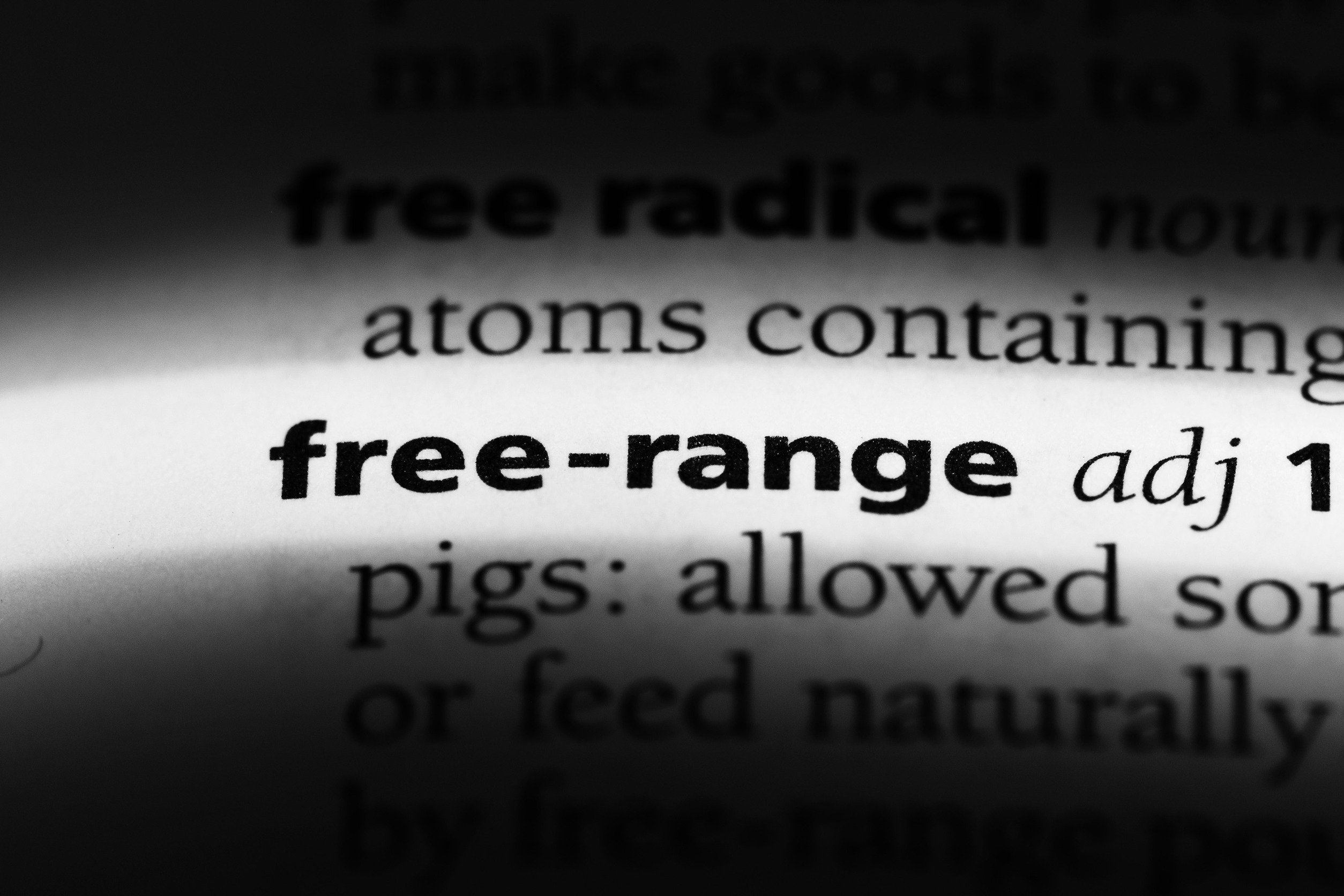Food labels have recently come under USDA scrutiny. Can you trust them?
The U.S. Department of Agriculture announced on June 14 that it would improve its standards for vetting animal-raising claims made by meat and poultry producers.
The action comes after the agency’s vetting process had come under scrutiny by animal welfare groups and researchers. Many meat and poultry products labeled as “antibiotic-free” have been found to contain antibiotics.
The U.S. Department of Agriculture (USDA) is taking steps to help protect consumers from misleading labels on meat.
Many consumers opt for meat raised without antibiotics for health reasons or personal preference. But some producers may be misrepresenting their products with false marketing claims on their product labels.
On June 14, the USDA announced that it will strengthen its processes to substantiate claims made by producers about the raising of livestock and poultry.
The initiative dovetails the USDA’s efforts to “protect consumers from false and misleading labels,” according to a news release.
For instance, lawsuits against companies mislabeling foods as “all-natural” have increased in recent years. “Consumers should be able to trust that the label claims they see on products bearing the USDA mark of inspection are truthful and accurate,” Agriculture Secretary Tom Vilsack said in the release.
“USDA is taking action today to ensure the integrity of animal-raising claims and level the playing field for producers who are truthfully using these claims, which we know consumers value and rely on to guide their meat and poultry purchasing decisions.”
Animal-raising claims on food labels under scrutiny
Claims like “free-range,” “grass-fed” and “no antibiotics ever,” are marketing claims found on a growing number of food labels on animal products, which should be approved by the USDA’s Food Safety and Inspection Service (FSIS).
• In 2022, research conducted by the animal welfare group Farm Forward found that meat labeled as having “no antibiotics ever” contained antibiotics and other drugs. These products were sold at Whole Foods locations around the United States.
• Another 2022 study found that 42% of beef cattle labeled “raised without antibiotics” had been administered antibiotics despite being USDA-certified.
In addition, claims about animals that are “humanely” or “ethically” raised have come under scrutiny by animal rights advocate groups.
• For instance, a 2023 report from the Animal Welfare Institute tested nearly 100 different meat and poultry products and determined that over 80% of their claims were not fully substantiated.
Earlier this spring, the FSIS has been asked to reconsider how it evaluates animal-raising claims, after receiving a number of petitions and even a letter from U.S. senators that have questioned its vetting process.
As such, the USDA states that FSIS will partner with the USDA’s Agricultural Research Service to assess antibiotic residues in cattle that will be eventually sold as meat “raised without antibiotics,” and decide the best next steps for its vetting practices.
Consumers should look for third-party certifications on food labels
According to the USDA, FSIS will also revise its current industry guidelines, which were last updated in 2019, to “recommend that companies strengthen the documentation they submit to the agency to substantiate animal-raising claims.”
The USDA also states that it intends to “strongly encourage use of third-party certification to verify these claims.” In the meantime, mislabeled products may still be available.
“Mislabeling occurs to some degree within the meat and poultry industries; its frequency varies widely,” Melissa Wasserman Baker, a registered dietitian nutritionist with FoodQueries in Greenville, NY, told Healthline.
“While accurate data on how often this happens is hard to come by, regulatory agencies such as USDA work tirelessly to enforce labeling regulations and protect consumers.”
Wasserman Baker said mislabeling may include inaccurate claims ranging anywhere from the source, origin, processing methods, or additives in products, but said most meat and poultry products on the market now comply with labeling regulations.
“To ensure accuracy, it’s important that consumers choose reputable brands, seek third-party certifications, and stay updated about regulatory updates from trusted sources,” Wasserman Baker noted.
Click here to read more about food labels.






